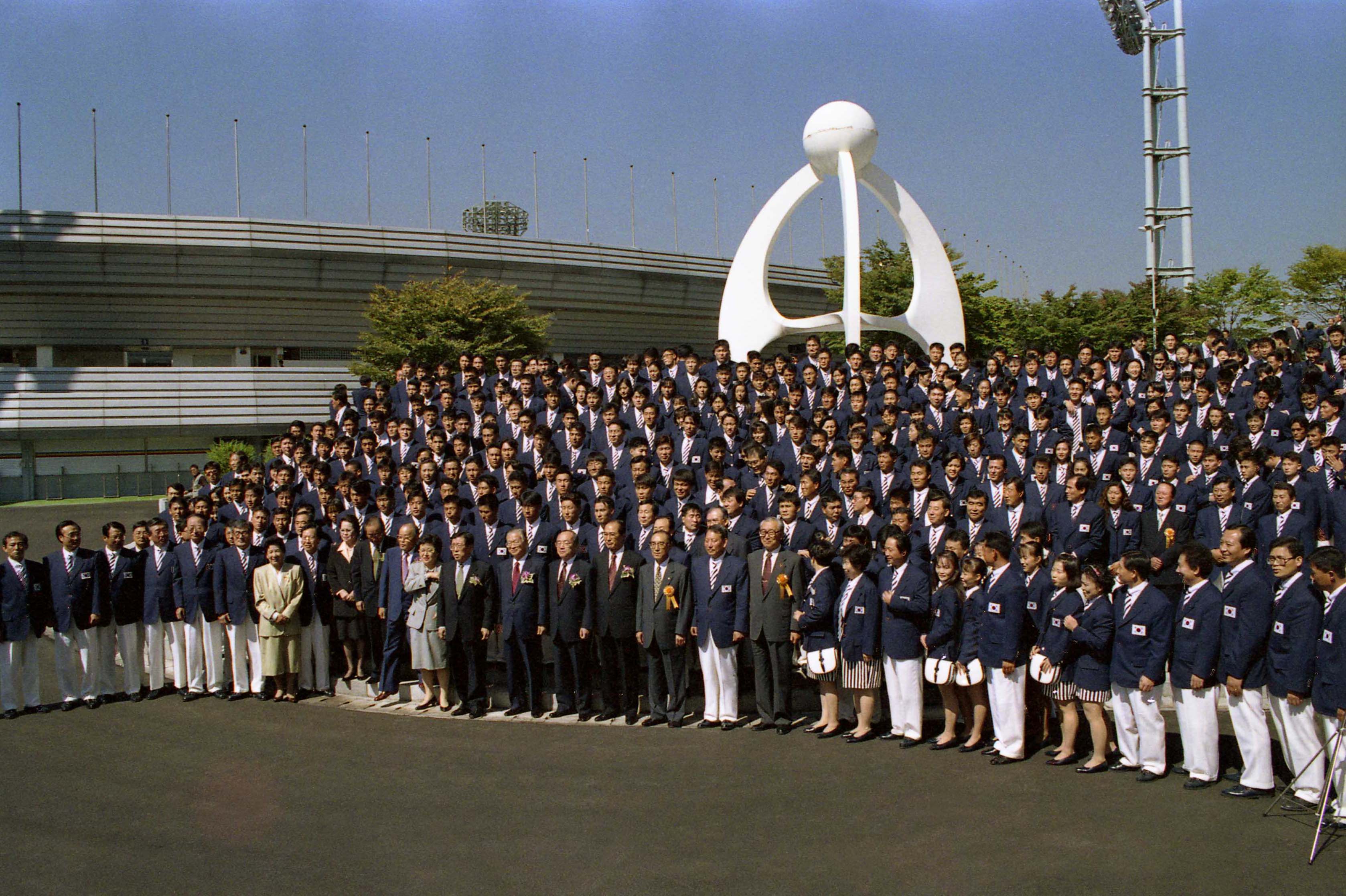
Many people were shocked when Shim Suk-hee, a female short track skater, sued her former coach, Cho Jae-beom, for sexual assault and coercion. The fact that a famous athlete like Shim Suk-hee had been sexually assaulted by her coach, and that the assault lasted for four years, surprised many people. Concerns over the coercive training culture and authoritarian supervision and coaching within the nation's athletic community have been publicly raised for a long time. The case of Shim Suk-hee suggests, however, that these concerns show little sign of improvement. Therefore, it is necessary to address the coercive training culture of the sports community in Korea.
As Korea adopts an elite sports system, students who choose to move toward physical education usually train with other students who learn sports from an early age. This is why there are many factions in the field of athletics. Moreover, Moreover, even if young athletes do not agree with the words of their coaches, they often follow them even if what their coaches say is unfair. This is because they fear that, if they do not follow them, their Life as an athlete could end. In other words, coaches continue to use their power in ways that result in the unfair treatment of young athletes. Yet this phenomenon does not just cause emotional harm to the athletes. Ironically, it also makes them unable to compete properly, which in turn reduces the competitiveness of the entire nation. An example is the story of Lee Jun-seok, a professional golfer who quit short track skating in Korea and immigrated to Australia due to issues with corporal punishment. Such cases make it clear that many professional athletes in South Korea have grown up with physical punishment. If these athletes had been able to grow up and train in a better environment, South Korea's Olympic record could have been different. We now need to solve these problems and move forward with an advanced sports culture. Athletes from the U.S., which performed better than Athletes from South Korea in the 2018 Winter Olympics, says, "Specific situations should be avoided in order to prevent the possibility of violence and sexual violence from being created."
Until now, physical punishment has been taken for granted in the field of sports in Korea. This method has begun to show its limitations, though, as the many hidden absurdities it creates have floated to the surface. The way athletes in Korea are trained must now be changed. The days of training elite athletes in the Spartan tradition are gone. A sports culture in which players can work in a good environment should be established. This is necessary for the whole athletic field in Korea.
Ryu Dong-hyeon
r12dh16@naver.com

